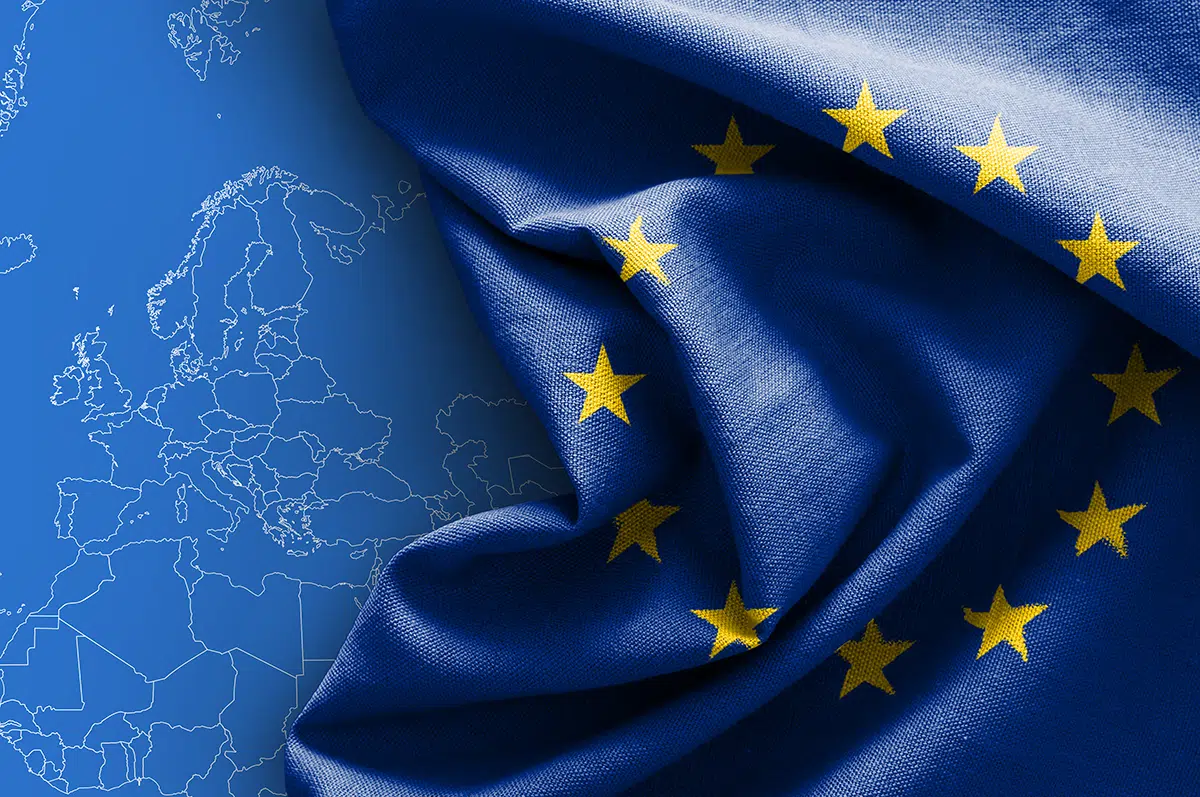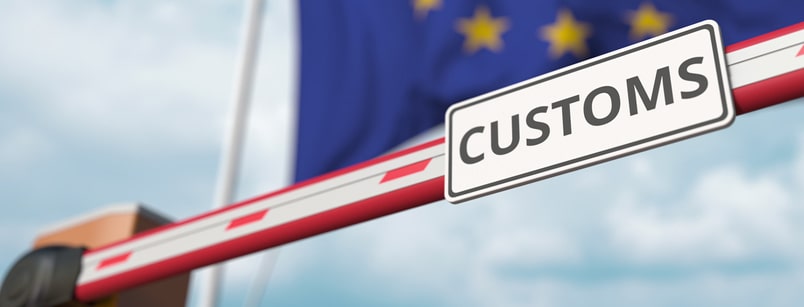Ask the Experts: 5 questions with Jocelyn Montpert

Embarking on a new blog series, Trade Duty Refund delves into the complexities of international trade, development, and eCommerce by engaging industry experts in thought-provoking discussions. Our aim is to gain clarity and expert guidance on optimal strategies.
Our inaugural post addresses a pressing concern for numerous global retailers exporting to the European Union. In 2023, the EU unveiled substantial reforms to its customs regulations and procedures. Among these reforms, the elimination of the €150 EUR low value threshold stands out, signaling the end of relief on customs duties for popular retail categories like clothing, accessories, and toys.
Combating fraud in customs declarations is a paramount concern for the EU. Similarly, retailers grapple with fraudulent claims in the reverse logistics process. With returns outpacing eCommerce growth, retailers face significant costs in maintaining customer satisfaction while managing expenses.
To shed light on the implications of EU Customs Reforms and offer guidance to international retailers, we’ve enlisted our Founder and CEO, Jocelyn Montpert. With over 30 years of experience in international trade and development, particularly in customs compliance and duty drawback in the UK and EU, Jocelyn is well-positioned to provide valuable insights.

Q1: What are the key changes stemming from EU Customs Reform, and why are they considered the most impactful in nearly 50 years?
The latest significant overhaul in EU customs regulations dates back to 1968. The establishment of the customs union in July 1968 led to the elimination of tariffs among member countries, resulting in a substantial surge in intra-community trade and broader consumer access to imported goods. In May 2023, the Commission proposed measures to streamline customs procedures and enhance oversight. Key proposals include the establishment of a unified European Customs Authority and the introduction of the “Trust and Check” accreditation to facilitate customs clearance for trustworthy operators.
Q2: How will the removal of the low value threshold affect global retailers, and what steps can they take to prepare?
The removal of the low value threshold will result in increased import duties and VAT obligations for goods entering the EU. This change will impact the IOSS mechanism and introduce deemed liability for marketplaces and platforms selling goods to EU consumers. Retailers must prepare for these changes by understanding their VAT obligations and adapting their business practices accordingly.
Q3: What are the primary costs associated with reverse logistics for retailers?
Reverse logistics entail costs such as transportation, inventory handling, and environmental considerations. Additionally, retailers incur specific costs related to returns, including repacking, restocking, and the potential for “double taxation” of import duties in cross-border flows. However, solutions such as customs duty refunds can help mitigate these expenses.
Q4: What advice do you have for retailers navigating EU Customs?
Navigating EU Customs requires a nuanced understanding of the Union Customs Code (UCC) and its implementation across member states. While the EU aims for harmonization, variations in interpretation and implementation persist. Retailers should leverage local expertise and consider multiple entry scenarios based on factors like customs procedures, logistics infrastructure, and domestic market conditions.
Q5: Can you clarify the distinction between a customs broker and a dedicated duty reclaim broker, and how can retailers engage with them to address upcoming reforms?
A general-purpose customs broker offers a range of customs-related services, while a dedicated duty reclaim broker specializes in maximizing duty drawback refunds. Retailers can engage with these brokers to navigate customs procedures and optimize refunds, ensuring compliance with evolving regulations.
Schedule a free discovery call with our experts to get a calculation estimate and a chat about customs compliance expectations in the UK and EU.